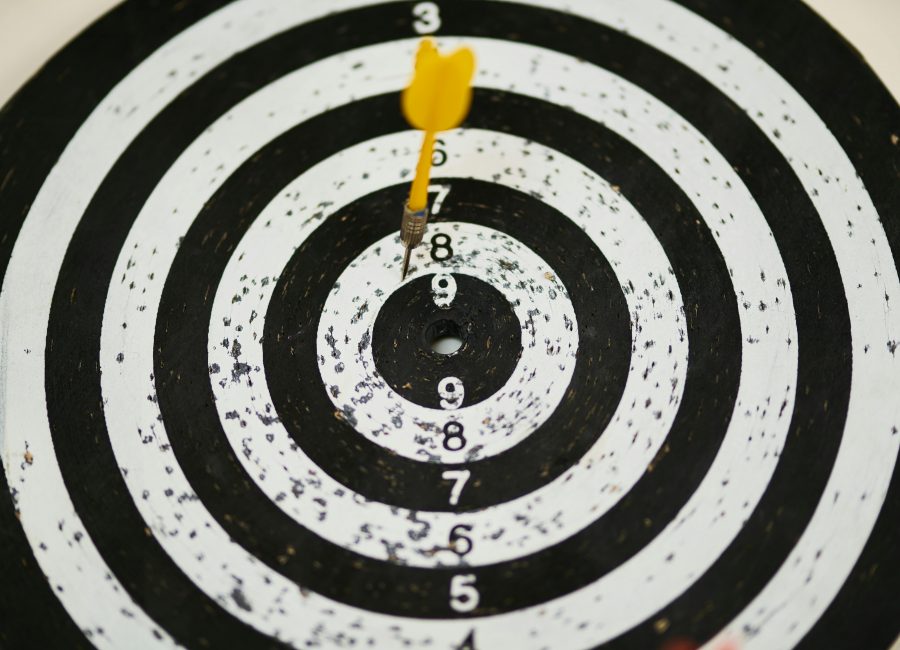Many women are missing the link that exists between financial wellness and their mental and physical health because they’re too busy prioritising all the other crazy aspects of life.
Guilty!
Generally speaking, women can be good at making less money stretch further, rather than seeking support to grow more money larger, we can also be great at prioritising helping others, but we can altogether suck at improving our financial situation.
According to Natasha Janssens founder of Women With Cents, how we deal with money, how we feel about money and how we think about money impacts everything for better or for worse – our self-esteem, our relationships, our career, our physical, emotional and mental health.
“It is only natural that when we are stressed about money that our typical response is to protect ourselves from that stress and so people tend to turn to something to relieve that such as food, holidays, shopping, alcohol, drugs, and gambling,” she says.”
Recent research conducted by the Australian Psychological Society (APS), estimates that 49 per cent of Australians cite personal financial issues as the leading cause of stress in their lives.
“Women are great at internalising stress and shouldering lots of responsibility, which comes at the expense of their own health,” adds Catherine Jansen associate advise at Affinity Private.
So the word is that many women tend to detach themselves or fail to associate our money with our health and wellbeing. It’s time to connect the two, and we’ve asked a number of brilliant financial minds just how to do it.
WHAT CAN YOU DO?
“Reach out for assistance – you don’t know what you don’t know and having someone relieve that burden of responsibility can be life changing,” says Jansen.
“It is often the case that talking to your friends or family can show that many people have similar financial worries. You would be stressed if you had to undertake your own tooth extraction – but going to the dentist (hopefully!) relieves that burden. The same can be said for financial worries and seeking professional advice.”
Clare Payne fellow for ethics in banking and finance with The Ethics Centre says the best starting point to achieving a greater sense of financial wellbeing starts with education and support.
“No one should live in a constant state of stress, not least such a significant part of our population who are the role-models for the children they are raising.
“I would welcome our financial institutions considering this issue and thinking about their role in addressing the continued financial stress experienced by women,” she says.
Natasha Janssens says the answer, as with everything, is to take action and the first step is to ask yourself:
– What am I worried/stressed about? and
– Why am I stressing instead of taking action to fix it?
“If the answer is that your lack of action is because you feel that you lack the knowledge or support – seek that out in the first instance.
“There are plenty of organisations around like Women with Cents for example, dedicated to providing financial education and support to women from all over Australia.
“Centrelink offer a free financial information service that you can contact on 132 300 and book an appointment with a service officer, and there is also the Financial Counselling Australia who also offer free financial counselling and you can reach them on 1800 007 007.
Janssens adds that if on the other hand you find yourself resisting making the change, start with identifying:
1. What is it that would need to change (if you were being really honest with yourself)
2. What is the price you pay if you don’t do anything?
3. What do you stand to gain if you do
take action?
“The sooner you take action, the easier the solution will be!”
















